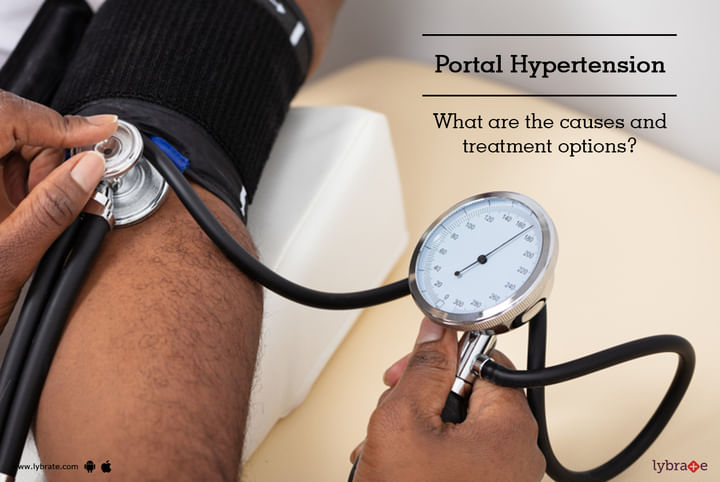Portal Hypertension - What Are The Causes And Treatment Options?
Portal hypertension refers to a sharp rise in the blood pressure within the portal veins – these are the veins that carry blood from the digestive organs to your liver. A blockage in the flow of blood to the liver can cause your blood pressure to increase.
Excess pressure in the portal venous system leads to the formation of large veins or varices across the stomach and oesophagus. When these varices become fragile, they can easily bleed.
Factors that can cause portal hypertension
Cirrhosis of the liver is the primary cause of portal hypertension. Cirrhosis results from the healing of an injured liver that has been damaged due to alcohol abuse, hepatitis or any other liver disease. The scar tissue in cirrhosis obstructs blood flow through your liver and disrupts its functioning.
Another cause of portal hypertension could be thrombosis – a blood clot developing in the portal veins.
Other causes may include –
- Blockage of the veins carrying blood to your heart from the liver
- An infection caused by parasites
- An illness that affects HIV infected people
The onset of this condition may not be associated with certain symptoms always. However, if you have a history of liver disease that might have led to cirrhosis, you are likely to develop portal hypertension.
The primary complications and signs of portal hypertension include –
How can portal hypertension be treated?
Portal hypertension can be managed through medications, diet, radiology, and endoscopic therapy. Once the bleeding is stabilized, your healthcare provider will prescribe treatment options based on the severity of the signs and functioning of the liver.
The first line of treatment usually includes –
- Endoscopic therapy – This involves either banding or sclerotherapy. In banding, rubber bands are used to obstruct the supply of blood to the enlarged veins. Sclerotherapy, on the other hand, involves injecting a solution into the bleeding varices to control or stop the risk of bleeding.
- Medications – Your doctor is likely to recommend medications that might help ease the pressure in your portal veins and minimize the risk of bleeding.
Certain lifestyle and dietary changes are also prescribed to patients to manage portal hypertension. A healthy lifestyle and good eating habits can help your liver function well. Do follow up with your healthcare provider, as scheduled.


+1.svg)
